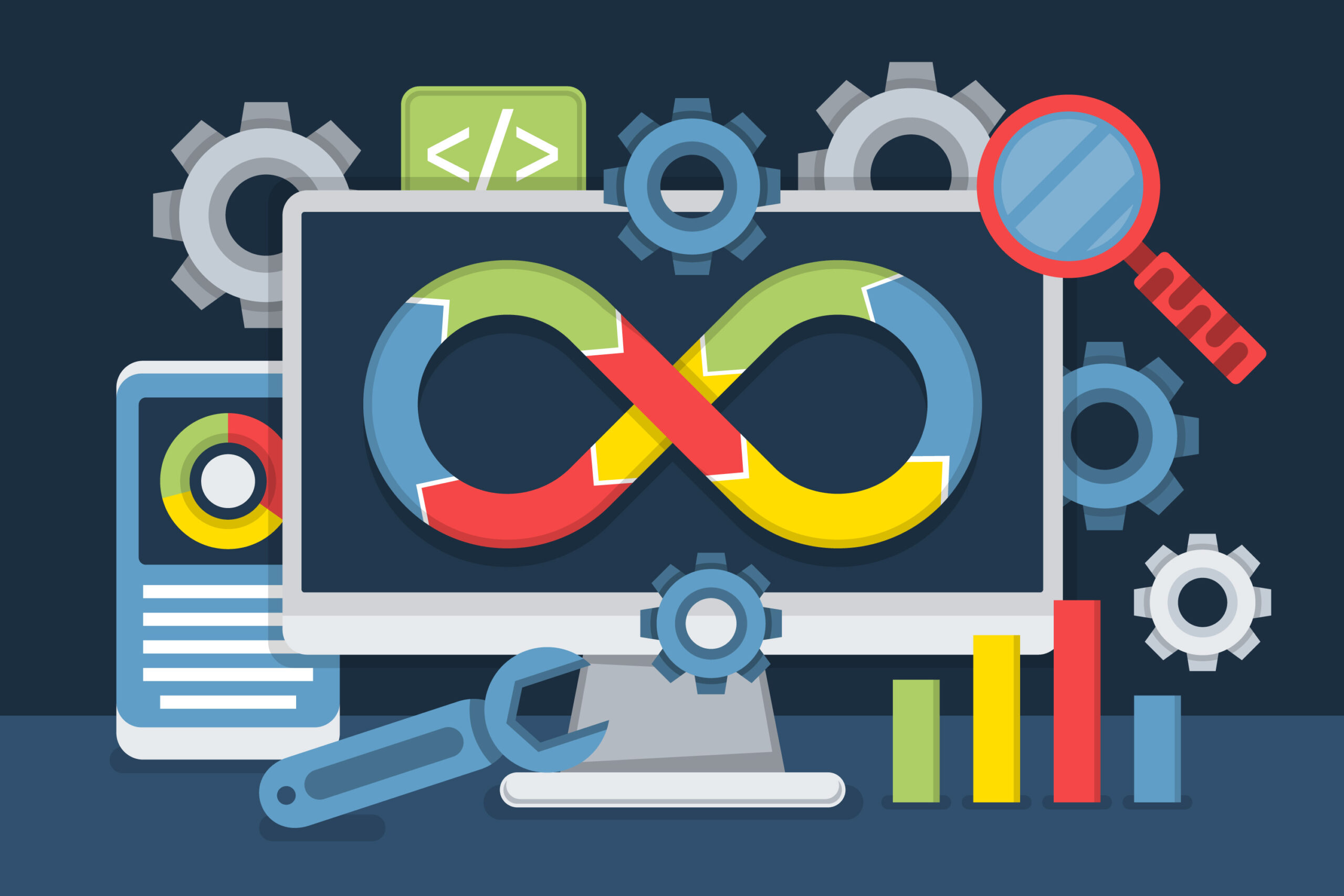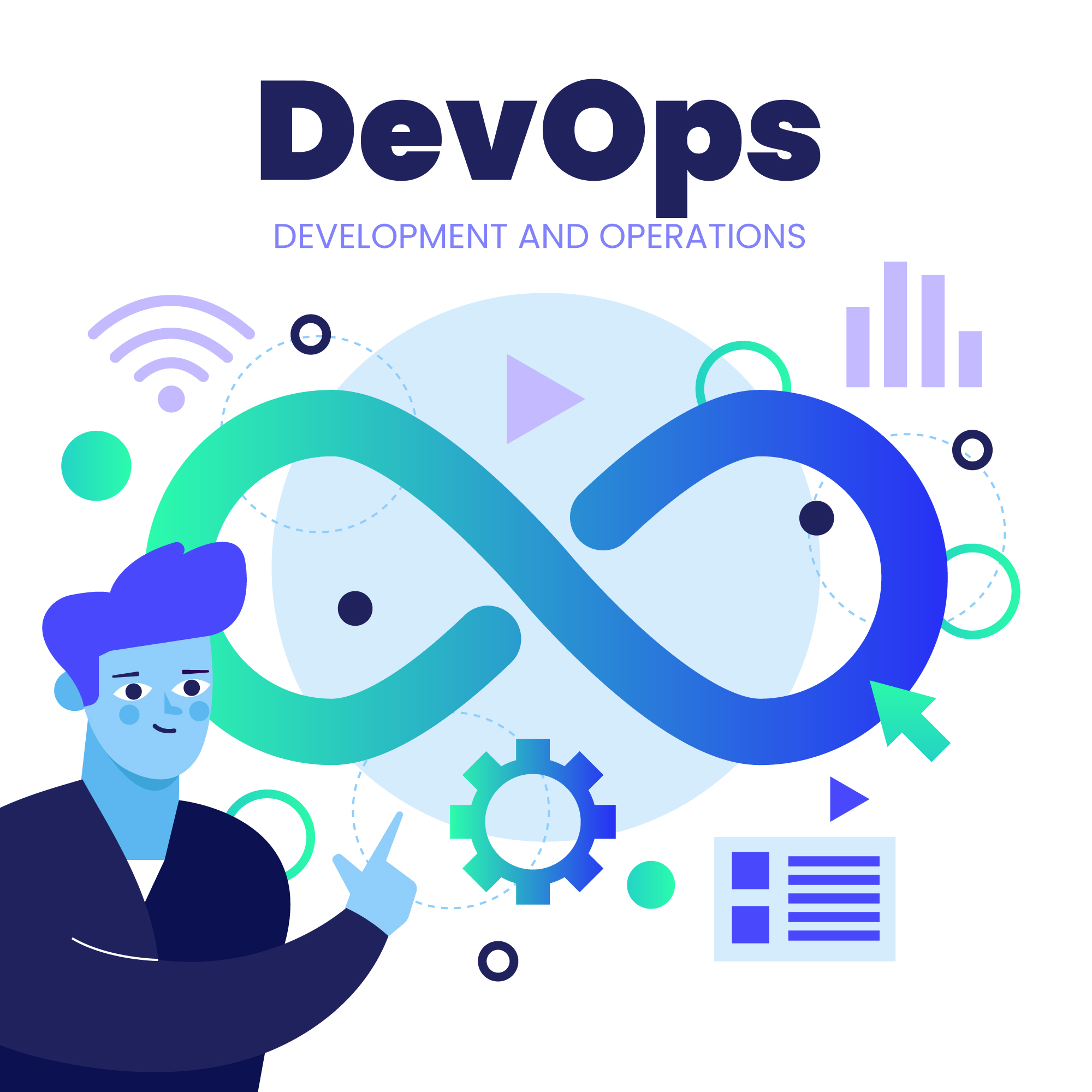DevSecOps and DevOps both aim to accelerate delivery and improve collaboration; the critical difference lies in how they handle security. Businesses today face mounting pressure from customers, regulators, and competitors to release secure, high-performing applications without sacrificing speed. That’s where understanding these two approaches becomes essential.
This article uncovers the difference between DevOps vs DevSecOps, addresses real user questions, and highlights how consulting experts like Tambena Consulting can help you implement the right strategy for your organization.
The Challenge with Traditional Approaches
Many organizations adopted DevOps project management with the promise of speed and agility. Development and operations teams work hand-in-hand to deliver updates faster. But here’s the catch: security often remained an afterthought. In fact, many CIOs admit that their DevOps pipelines are fast but lack integrated security.
This results in:
- Vulnerabilities surfacing late in the release cycle.
- Higher costs for patching security flaws post-deployment.
- Regulatory compliance risks, especially in industries like healthcare or finance.
Without embedding security into the core of development, companies risk breaches, downtime, and reputational damage.
Why Ignoring Security Can Cost You
Imagine investing millions into building a robust DevOps team, automating deployments, and scaling CI/CD pipelines, only to realize a critical vulnerability was missed and exploited in production.
Recent data across various online platforms shows that teams had to roll back entire releases, pause operations, or even face legal consequences due to weak security practices in DevOps.
The takeaway? DevOps accelerates speed, but without security baked in, organizations are running faster, straight into danger.
Enter DevSecOps
That’s where DevSecOps comes in. By extending DevOps practices with a security-first mindset, DevSecOps ensures vulnerabilities are addressed early in the development lifecycle. Instead of adding security as a final checkpoint, security becomes a continuous part of coding, testing, and deployment.
This transformation empowers businesses to deliver faster, safer, and more compliant software.
What is DevOps?
DevOps is a cultural and technical shift that bridges the gap between development and operations. Its main goal is to accelerate software delivery through automation, collaboration, and continuous integration/continuous delivery (CI/CD).
Key pillars of DevOps:
- Faster deployment cycles.
- Increased collaboration across teams.
- Continuous monitoring and feedback loops.
However, while DevOps emphasizes speed and efficiency, it doesn’t inherently prioritize security.
What is DevSecOps?
DevSecOps expands on DevOps by embedding security practices throughout the development lifecycle. It ensures that every developer, tester, and operations engineer also thinks like a security engineer.
Key features of DevSecOps include:
- Automated security testing in CI/CD pipelines.
- Threat modeling and risk assessment during design.
- Continuous compliance monitoring.
- Shared responsibility for security across teams.
DevSecOps vs DevOps: The Core Differences
Here’s a breakdown of the DevSecOps vs DevOps difference:
| Feature | DevOps | DevSecOps |
| Focus | Speed & collaboration | Speed + security integration |
| Security Integration | Added late in the cycle | Integrated at every stage |
| Responsibility | Mainly Dev & Ops teams | Dev, Ops, and Security teams share roles |
| Tools | CI/CD, automation, monitoring | CI/CD + automated security testing |
| Goal | Faster delivery | Faster and safer delivery |
In short, DevOps gets you speed. DevSecOps gets you speed with security.
Salary Trends: DevOps vs DevSecOps
Another hot topic on platforms like LinkedIn and Reddit is DevOps vs DevSecOps salary. With organizations placing a higher value on security expertise, DevSecOps engineers are increasingly in demand.
- DevOps Engineer Salary: DevOps engineer salary typically ranges between $95,000–$130,000 annually (depending on region and experience).
- DevSecOps Engineer Salary: Can range from $105,000–$150,000+, with security skills adding a premium to compensation.
This demand reflects how critical security-first development has become in today’s IT landscape.
Why Businesses Need DevSecOps Now

- Growing Cyber Threats: Hackers constantly exploit overlooked vulnerabilities.
- Regulatory Requirements: Frameworks like GDPR, HIPAA, and PCI-DSS demand proactive security.
- Customer Trust: Breaches erode brand credibility and revenue.
- Long-term Savings: Fixing security flaws early is 10x cheaper than post-production fixes.
Simply put, DevSecOps isn’t optional; it’s a necessity.
How Tambena Consulting Can Help
Transitioning from DevOps to DevSecOps can be overwhelming. That’s where Tambena Consulting comes in. With a proven track record of guiding businesses through secure digital transformation, Tambena offers DevSecOps services that do:
- Competitor Gap Analysis: Identify where your security practices lag compared to industry benchmarks.
- Customized Strategy: Tailor DevSecOps frameworks to fit your existing DevOps pipelines.
- Toolchain Integration: Implement automated security testing, monitoring, and compliance checks.
- Training and Culture Shift: Equip your teams with the mindset and skills needed to embed security at every step.
Whether you’re a startup scaling fast or an enterprise modernizing legacy systems, Tambena Consulting helps you unlock faster, safer, and more compliant software delivery.
Conclusion
The debate of DevSecOps vs DevOps is less about choosing one over the other and more about evolving with the times. DevOps laid the foundation for faster software delivery, but DevSecOps builds on it to ensure speed doesn’t compromise security.
With growing cyber threats and stricter regulations, adopting DevSecOps is no longer optional, it’s essential. And with the right partner, like Tambena Consulting, your organization can seamlessly integrate security into development, safeguard customer trust, and gain a competitive edge.
Ready to future-proof your software delivery? Contact Tambena Consulting today and start your journey toward secure DevSecOps adoption.
FAQs
1. What is DevSecOps vs DevOps?
DevOps focuses on speed and collaboration between development and operations, while DevSecOps integrates security into every stage of the development cycle to ensure safe and compliant releases.
2. Is DevSecOps better than DevOps?
Neither is strictly “better.” DevOps is ideal for organizations prioritizing speed, while DevSecOps is essential for industries where security and compliance are critical.
3. What is the main difference between DevOps and DevSecOps?
The main difference is security integration. DevOps adds security late, while DevSecOps embeds it throughout.
4. Which career pays more: DevOps or DevSecOps?
Typically, DevSecOps engineers earn higher salaries due to specialized security expertise being in demand.
5. Do all companies need DevSecOps?
Any company that handles sensitive data, operates in regulated industries, or wants to safeguard its digital infrastructure should adopt DevSecOps.
6. How hard is it to transition from DevOps to DevSecOps?
With expert consulting (like Tambena Consulting), the transition is manageable. It requires cultural shifts, new tools, and employee training.
7. Can DevOps exist without security?
Technically yes, but it exposes organizations to risks. In today’s threat landscape, DevOps without security is incomplete.
8. What tools are used in DevSecOps?
Popular tools include SonarQube, Snyk, OWASP ZAP, Aqua Security, and integrated CI/CD pipelines like Jenkins or GitHub Actions with security plugins.




